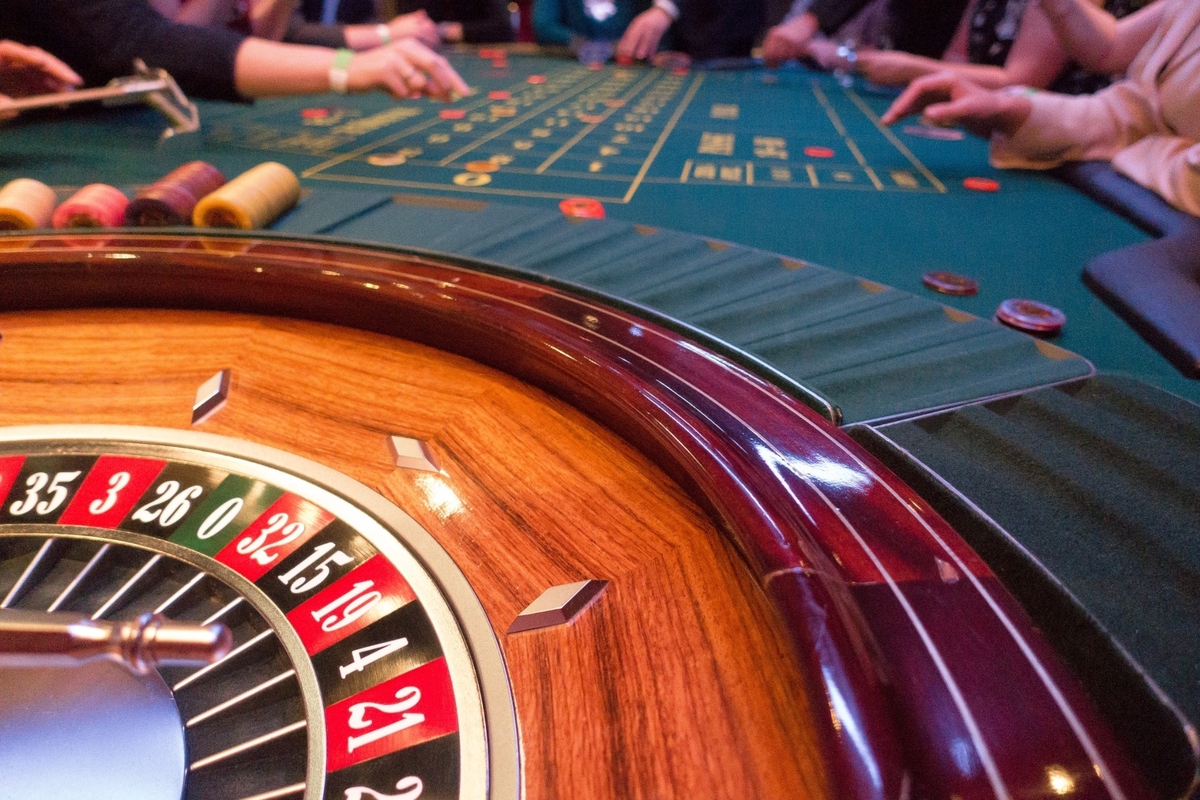
When we think of casino games, the initial images that often come to mind are those of rotating wheel devices, poker chips clinking on felt tables, and cubes flying across a gaming surface. While many view these activities as simple hobbies fueled by luck, a more profound exploration reveals a fascinating blend of tactics, skill, and community engagement that raises them well beyond basic chance. Regardless of whether you are a seasoned player or a inquisitive newcomer, grasping the subtleties of these activities can greatly enhance your experience and understanding.
Casino games have developed over hundreds of years, with different cultures contributing to their rich histories and variations. From the intricate tactics of 21 to the bluffing methods in poker, players engage in a battle of intellect as much as a gamble on numbers. This exciting interplay between luck and skill creates a thrilling atmosphere that draws millions to gambling establishments worldwide. As we delve into the realm of card games, we will reveal the methods that can tilt the odds in your favor and the social aspects that make these games a favored choice for leisure and interaction.
A Strategy of Casino Gaming
Table games often involve a blend of skill and chance, making them intriguing for participants who enjoy a challenge. Every title has its unique set of guidelines and tactics that can influence the results. For instance, in games like blackjack, players are obliged to use tactics like counting cards and grasping the odds to make smart decisions. This skill set can greatly improve the victory potential, distinguishing experienced participants from novices who may rely solely on luck.
In contrast, games such as the roulette may appear to be purely based on luck, but strategic thinking can also come into play. Participants can choose between various betting strategies, such as the Martingale strategy, where they raise the bets after a loss. This method can create a more methodical way to the activity. Understanding the probabilities of specific bets can also assist participants make better decisions on the table, showcasing that even in games of luck, tactics can enhance the enjoyment.
Furthermore, the game of poker stands out as a game that heavily focuses on tactics. Unlike most gaming games, poker combines ability, mental acuity, and luck. Players must also concentrate on the hands they are dealt but also take into account their rivals’ behavior and betting patterns. Mastering concepts like position, pot odds, and interpreting bluffing is crucial for winning. This depth of tactics in poker often leads to a more immersive encounter for participants, where the decisions and skills significantly affect the game’s results.
Understanding Likelihood and Ratios
In the world of gambling activities, probability and ratios hold a vital role in deciding a player’s possible outcomes. Every activity has its own collection of rules that define how the probability of succeeding or losing is calculated. For instance, in games like 21, players have a opportunity to influence their odds through tactics, whereas in matches like the wheel, the results are entirely dictated by luck. Comprehending how these chances are calculated can greatly affect how a player deals with the game.
Odds are typically shown in two formats: fractional and decimal. Ratio ratios show the ratio of the sum gained to the amount bet, whereas numeric ratios show the total return for a winning wager, which includes the initial bet. For instance, if a game has odds of 5 to 1, this implies that for every one unit staked, a player could gain five units if they win. Understanding how to understand these odds allows gamblers to evaluate their potential earnings and formulate more wise decisions during play.
Gamblers should also be aware of the casino advantage, which is the casino’s inherent benefit over the gamblers. Each game has a distinct advantage, and understanding this idea is crucial for controlling one’s expectations and bankroll. Games with a reduced advantage, such as blackjack and baccarat, typically offer superior ratios for players compared to activities like slots and lottery. By recognizing the relationship between probability, odds, and the casino advantage, gamblers can improve their gaming engagement and plan more effectively.
The Aspect of Table Gaming
Casino games at gaming establishments are often seen as a hub of community engagement, drawing players together in a collective experience that extends far past the mere act of playing games. The atmosphere at a blackjack table can be electric, with gamblers engaging not only with the game itself but also with each other. Joy, cheers, and, sometimes, friendly banter create connections that improve the overall experience of the gaming experience. This communal aspect can turn a alone endeavor into a lively social event, making casino games particularly enticing.
One of the fascinating elements of table gaming is the way it cultivates camaraderie among participants. Whether it’s teaming up to defeat the dealer at a craps table or exchanging tales between hands in a poker game, the environment encourages communication. Players often share advice or strategies, creating a sense of community that enhances the fun. This interpersonal atmosphere can make new gamblers feel included and less intimidated by the competitive nature of casino games. As the game continues, friendships may form, leading to a sense of connection that keeps participants returning to the table.
Moreover, the social aspect of gaming at tables extends beyond just the players. Casino staff play a crucial role in encouraging interaction and maintaining the flow of the game. Their ability to engage gamblers with friendly conversation and their expertise in managing the table can create an inviting atmosphere. This connection between players and staff adds another layer of enjoyment, where gamblers feel connected not only to one another but also to the staff. not on GamStop Such interactions are often what make the experience memorable, as players leave with tales to tell and relationships made, reinforcing the notion that table games are truly about something greater than luck.
